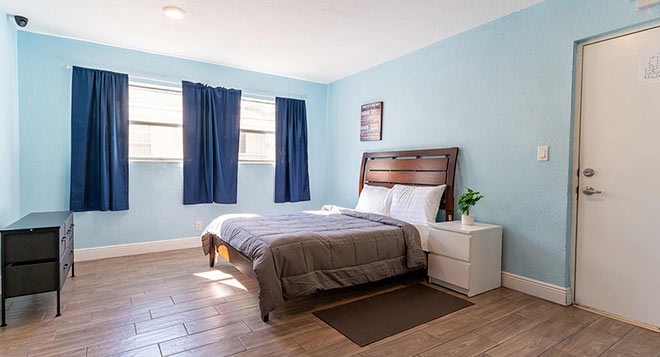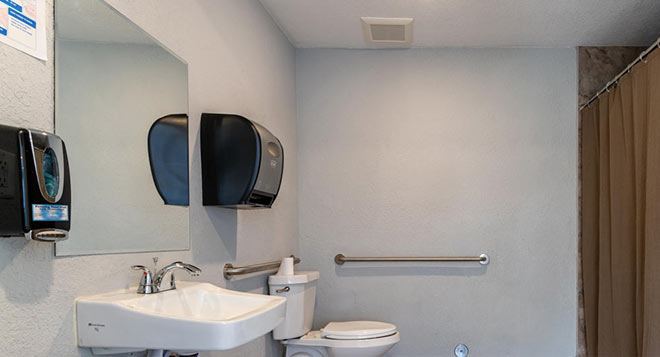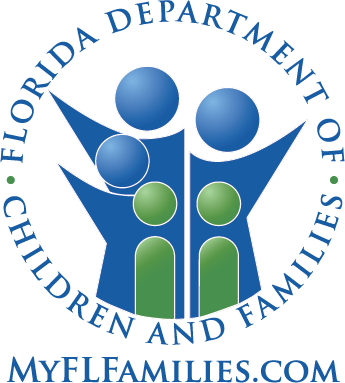Dialectical Behavior Therapy
What is Dialectical Behavior Therapy (DBT) and who can it help?
Dialectical Behavior Therapy (DBT) is a type of cognitive-behavioral therapy that was originally developed to treat individuals with borderline personality disorder.
Today, it’s used for a variety of mental health issues including depression, anxiety, and eating disorders. DBT focuses on teaching individuals how to live in the moment, cope healthily with stress, regulate emotions, and improve relationships with others.

DBT is grounded in the concept of dialectics, the idea that two opposing truths can coexist. This therapy emphasizes the balance between acceptance and change. DBT is divided into four modules: mindfulness, distress tolerance, emotion regulation, and interpersonal effectiveness.

Mindfulness;
refers to the practice of being fully aware and present in the moment.



How is mindfulness practiced in DBT and what are its benefits?
DBT equips individuals with practical skills for navigating life’s challenges and fostering mental well-being

dialectical behavioral therapy in florida
At Still Mind Florida, our DBT program in Boca Raton offers a structured and supportive approach to mental wellness. Our focus is on fostering personal growth and community connection through the principles of Dialectical Behavior Therapy.
How does Dialectical Behavior Therapy teach distress tolerance?
What skills and techniques are used in DBT to manage emotions effectively?
Emotion regulation in DBT involves learning to identify and label emotions, identify obstacles to changing emotions, reduce vulnerability to emotion mind, increase positive emotional events, increase mindfulness to current emotions, take opposite action, and apply distress tolerance techniques. These skills aim to help individuals understand their emotions and use them effectively to guide behavior.
What skills are taught in DBT to improve communication and relationships?
Interpersonal effectiveness in DBT involves techniques that help individuals attend to relationships, balance priorities versus demands, balance the ‘wants’ and ‘shoulds’, and build a sense of mastery and self-respect. It’s about effective strategies for asking for what one needs, saying no, and coping with interpersonal conflict.
Discover Inner Peace and Tranquility with Still Mind

Individual Treatment
Individual treatment at Still Mind offers personalized and focused therapy for individuals seeking support for their mental health challenges. It provides one-on-one sessions that address specific concerns, explore underlying issues, and develop tailored strategies for growth and healing.

Inpatient Treatment
Our luxury treatment center located in Fort Lauderdale, FL, we provide an environment free from distractions, allowing our residents to fully concentrate on their recovery and rest. Our team is committed to providing individualized treatment to each resident.

Dual Diagnosis
At our treatment center, we adopt an integrated approach to address dual diagnosis, finding key elements to helping ensure that substance use disorders and mental health disorders are treated effectively and simultaneously.

Trauma Treatment
With a deep understanding of the complex nature of trauma, the program provides a safe and nurturing environment for individuals to explore their trauma, process their emotions, and develop effective coping mechanisms.

Group Therapy
Group therapy involves multiple individuals with similar concerns who come together in a therapeutic setting facilitated by a trained therapist. It offers to share experiences, gain support from others facing similar challenge and develop social connections.

Residential Treatment
Residential treatment at Still Mind employs a comprehensive approach to care that has proven to be extremely successful in supporting patients in their journey toward long-term recovery and enhancing their overall well-being.
Accomodations
- Private Rooms
- Luxurious Beds
- Elegant Decor
- Ample Space for Personal Belongings
Amenities
- Tranquil Areas For Meditation
- Recreational Activities
- Culinary Experience & Personalised Meals
Facility
- Luxurious Residential Center
- 3,000 to 5,500 sq/ft Residence
- Expert Case Managers
- Masters Level Clinical Staff
Service Animals Are Welcomed
At our rehabilitation center, we believe that recovery should never come at the cost of leaving behind your service animal or altering your lifestyle. That’s why, unlike most facilities, we welcome service animals with open arms!
We understand the important role that these animals play in your life, and we’re committed to accommodating them throughout your journey with us.










Integrated Hollistic Approach
- Music Therapy
- Art Therapy
- Neurotherapy
- Psychodrama Therapy
- Nutrition & Fitness
- Life Skill Training

